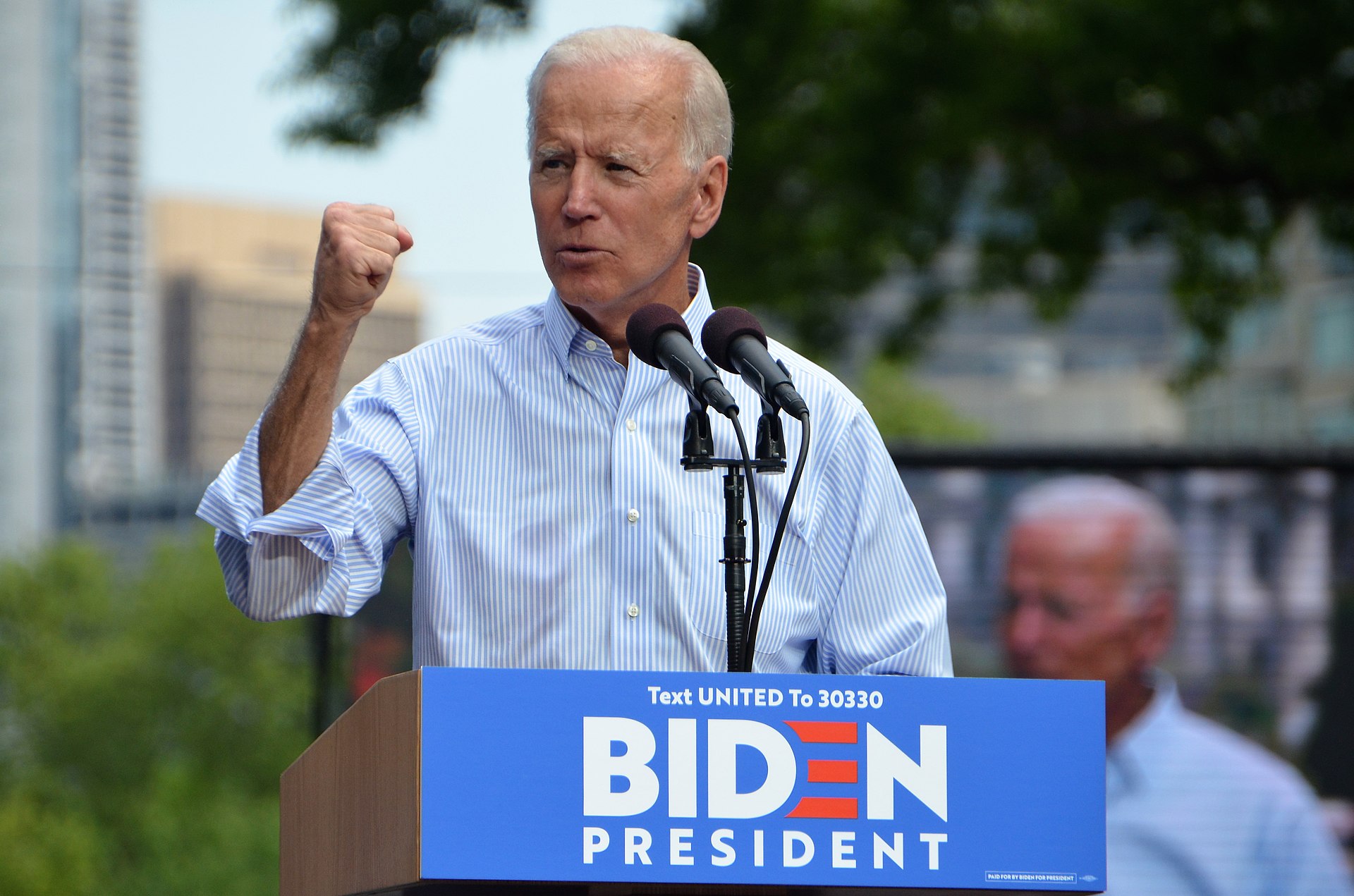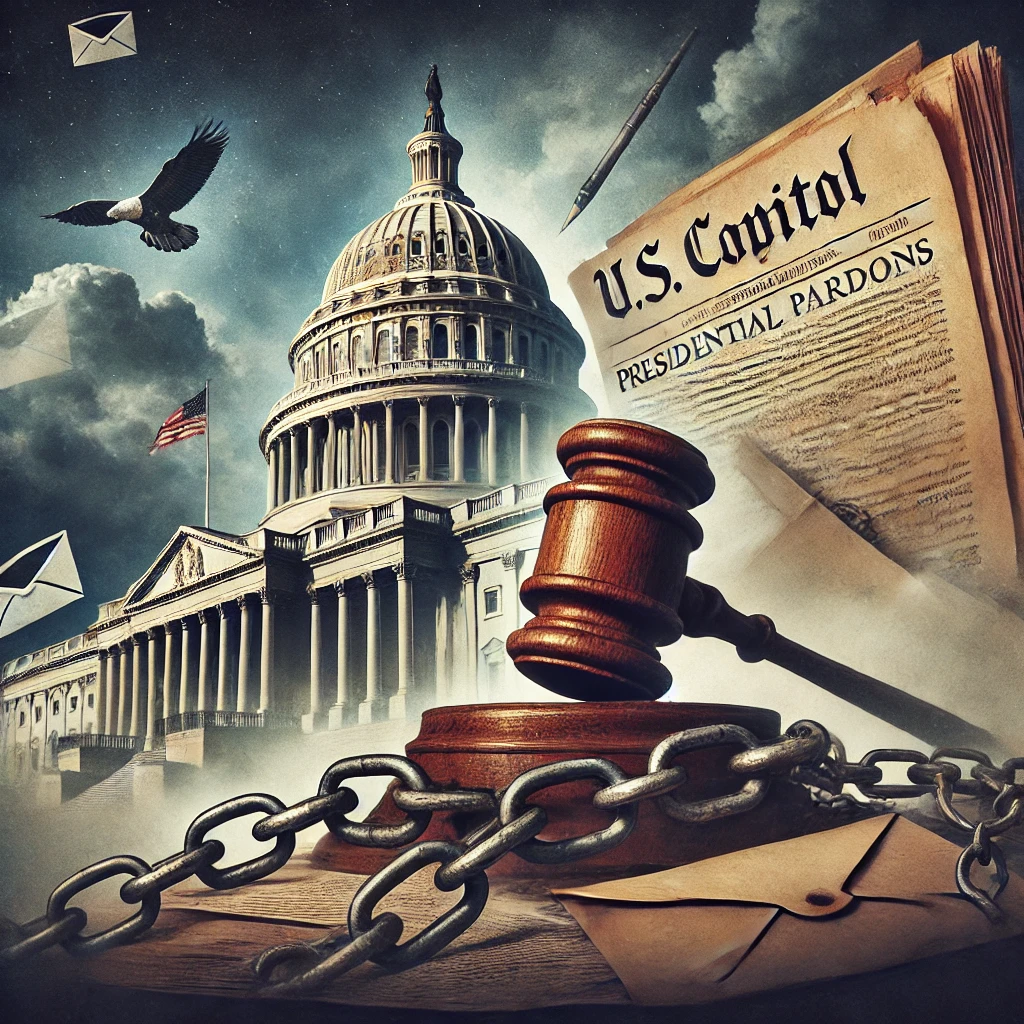A significant legal battle is unfolding between Elon Musk’s social media platform, X (formerly known as Twitter), and the non-profit watchdog group Media Matters for America. The conflict centers around claims made by Media Matters that advertisements from prominent brands were displayed alongside hateful and antisemitic content on X, prompting these companies to withdraw their advertising. This lawsuit, initiated by X, is set to proceed to trial in April 2025, marking a crucial chapter in the ongoing dispute between Musk and the media organization.
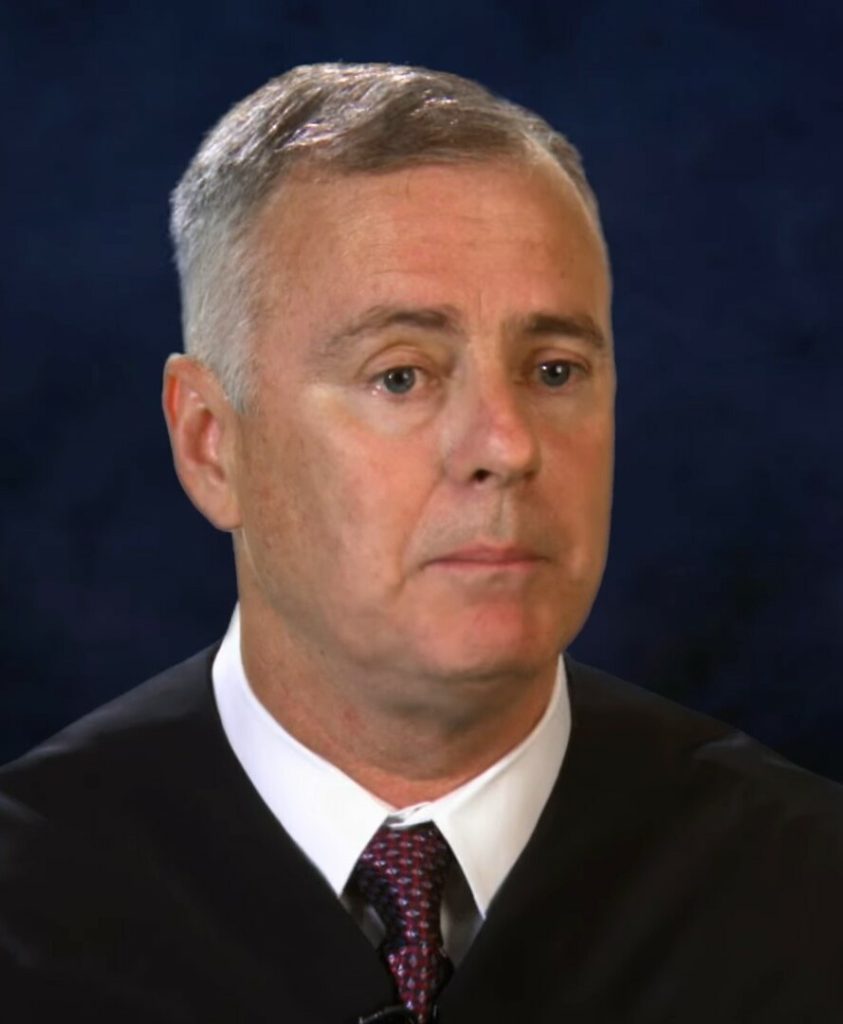
U.S. District Judge Reed O’Connor ruled that X’s lawsuit against Media Matters would not be dismissed, allowing the case to move forward. This decision was made after considering whether X had sufficiently pleaded its claims against the non-profit organization. The judge noted that X’s allegations, including claims of tortious interference and business disparagement, were strong enough to merit a full trial. This ruling was a setback for Media Matters, which had sought to have the lawsuit dismissed on procedural grounds.

At the heart of the lawsuit are allegations that Media Matters deliberately manipulated X’s platform to create misleading juxtapositions of advertisements and harmful content. According to X, Media Matters intentionally placed ads from companies like Apple, IBM, and Disney next to inflammatory posts to generate negative publicity for the platform. X argues that this manipulation was done with the intent to harm its business, leading to a significant loss of advertising revenue as brands pulled their campaigns from the platform.

Media Matters has strongly denied the allegations, maintaining that its report was an accurate reflection of the content on X at the time. The organization asserts that it conducted its analysis in good faith and that the lawsuit is an attempt by Musk to silence criticism of his platform. Media Matters’ president, Angelo Carusone, described the lawsuit as frivolous and designed to intimidate those who scrutinize X’s content policies. The non-profit is confident that it will prevail in court, citing its commitment to truthful reporting.

Legal experts have noted that X’s decision to file the lawsuit in the Northern District of Texas was likely a strategic move. This jurisdiction is considered more favorable for X, partly because the presiding judge, Reed O’Connor, has a history of rulings that align with conservative viewpoints. This tactic, known as “forum shopping,” is often used by plaintiffs to increase their chances of a favorable outcome. Critics of the lawsuit argue that Musk’s team selected this court specifically to benefit from O’Connor’s judicial philosophy.

For Elon Musk, the stakes in this lawsuit are high. Since acquiring Twitter and rebranding it as X, Musk has been under intense scrutiny for his management of the platform. This lawsuit is not just about the financial implications of lost advertising revenue; it also concerns Musk’s reputation as a tech leader and his ability to manage a global social media platform. A loss in court could further damage his credibility and lead to more significant financial repercussions for X.

The lawsuit could have broader implications for the relationship between powerful figures like Musk and the media. If X succeeds, it could set a precedent that discourages media organizations from publishing critical reports on influential individuals and their companies. This potential chilling effect on free speech and investigative journalism is a concern for many observers who fear that the lawsuit could lead to a more hostile environment for the press.
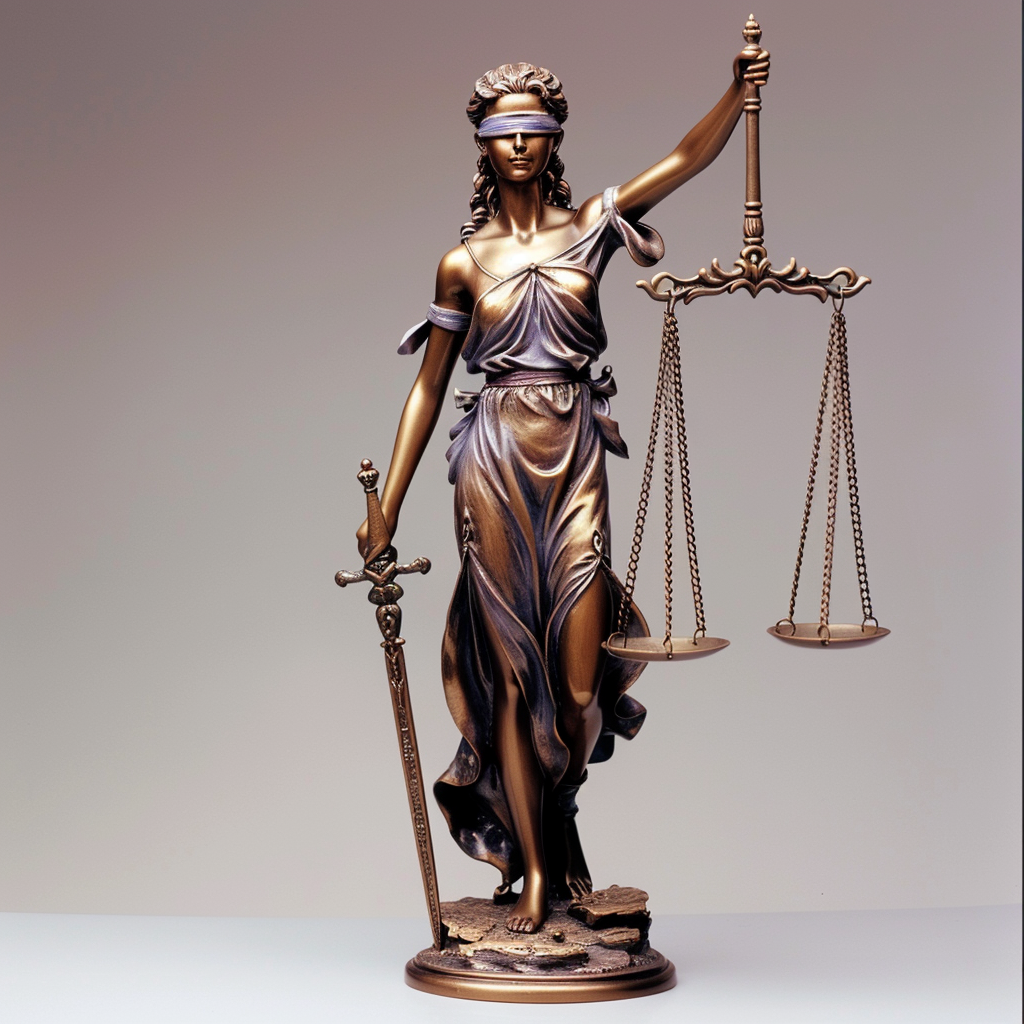
Despite the initial ruling in favor of X, the legal battle is far from over. The trial, scheduled for April 2025, will involve a complex examination of the facts surrounding Media Matters’ report and X’s claims of intentional manipulation. Both sides will need to present compelling evidence to support their positions, and the outcome is uncertain. The case will likely hinge on whether X can prove that Media Matters acted with actual malice, a high legal standard.

Public reaction to the lawsuit has been mixed. Supporters of Musk argue that he is right to defend his platform against what they see as unfair attacks by Media Matters. They believe that the lawsuit is a necessary step to protect X’s business interests and reputation. On the other hand, critics argue that the lawsuit is an overreach by Musk, designed to stifle legitimate criticism and undermine the role of watchdog organizations in holding powerful entities accountable.
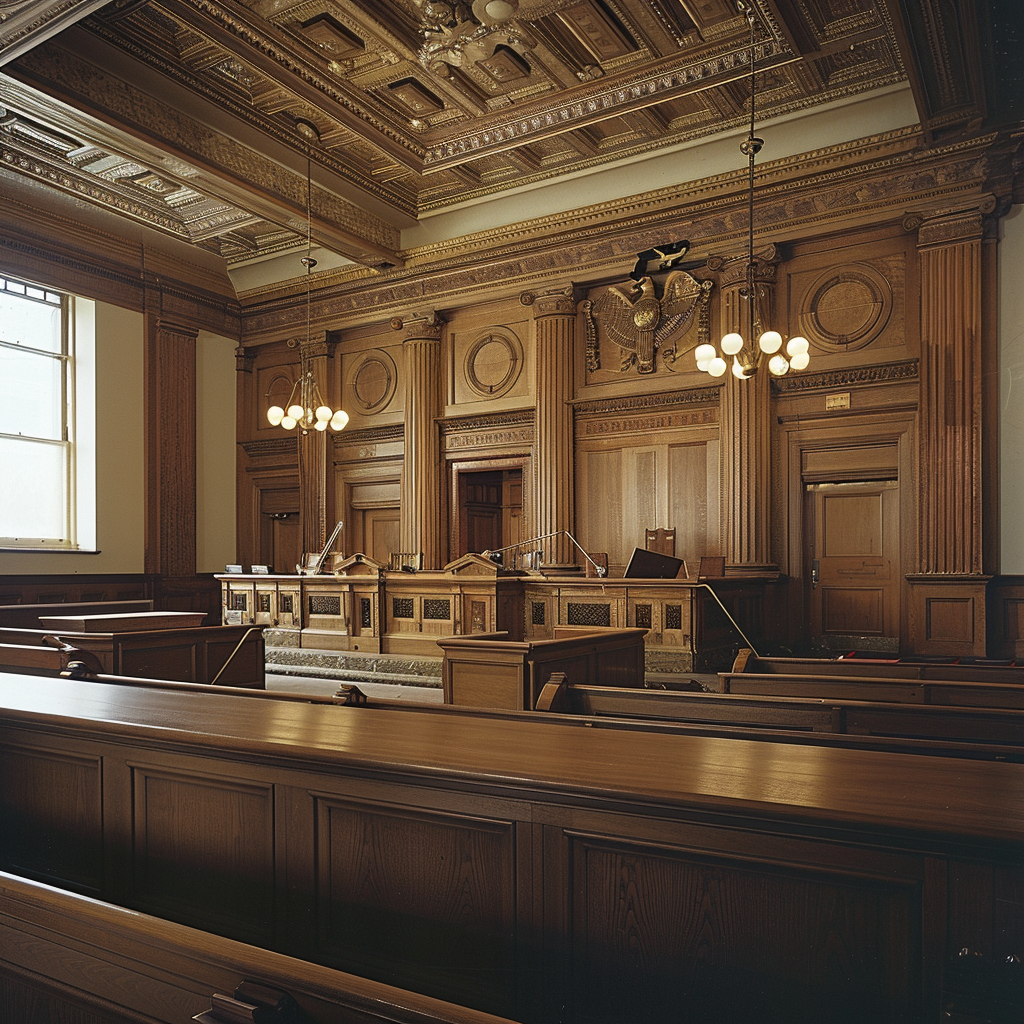
As the trial date approaches, the legal teams for both X and Media Matters will be preparing their cases, gathering evidence, and strategizing for what promises to be a high-profile courtroom battle. The outcome of this trial could have lasting effects on the media landscape, the tech industry, and the ongoing debate over the balance between free speech and responsible content management on social media platforms.


